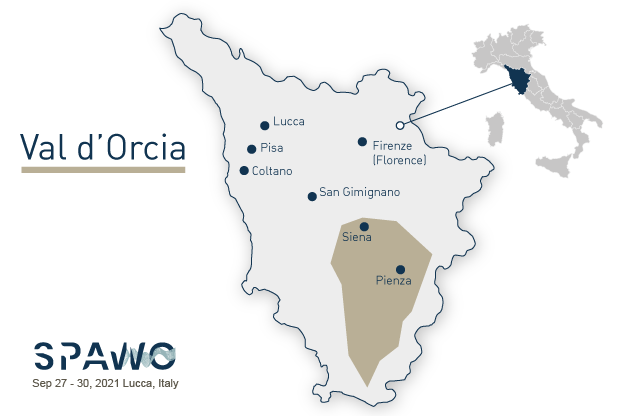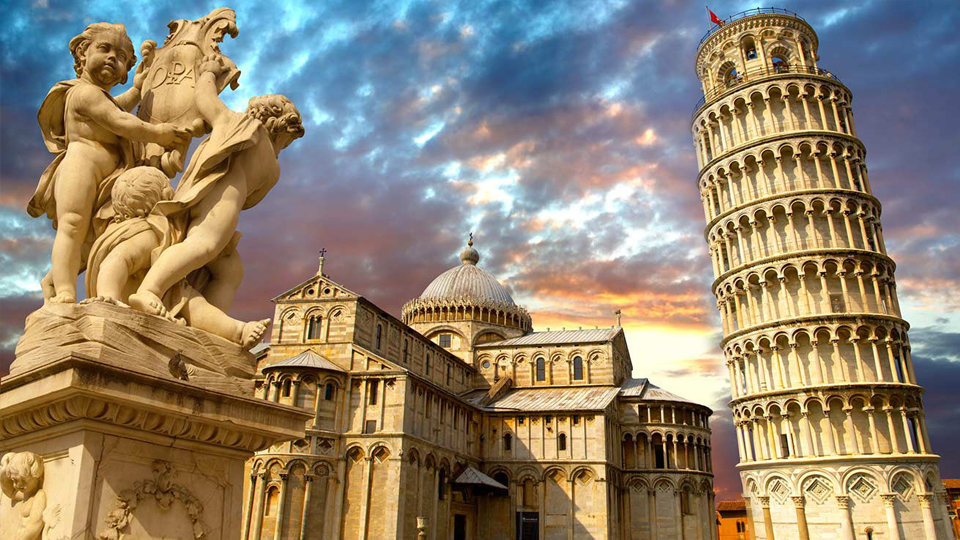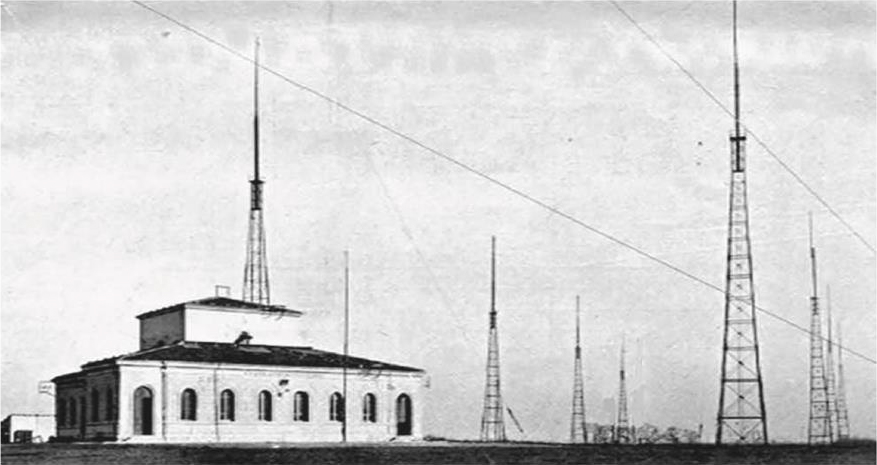
Fall in love with Tuscany!
Visitors to Tuscany come for many reasons. Many come in search of fine art, others to explore the extraordinary countryside. Walkers enjoy the mountain paths, cyclists the rolling hills, summer vacationers the sea coast and islands. Students come to learn the Italian language and culture. Gourmets and wine buffs descend on Tuscany to enjoy the simple yet wonderful cuisine and wine. Tuscany’s specialties change from one town or village to the next. Dishes you might find in Lucca, say, such as “Garmugia”, a hearty spring soup, will be unknown in Pisa, barely 15 miles away.
Since 1982, UNESCO (the United Nations Educational, Scientific and Cultural Organization) has added 7 places in Tuscany to the list of the World Heritage Sites Program.


Florence |
Florence is the cradle of Renaissance splendor and keeper of an artistic heritage unrivaled in the world. |
Florence is the cradle of Renaissance splendor and keeper of an artistic heritage unrivaled in the world.

Pisa |
Pisa is renowned town in Tuscany, famous for a certain tower, but is home to many other beautiful things as well. |
Pisa is renowned town in Tuscany, famous for a certain tower, but is home to many other beautiful things as well.

Siena |
Siena hardly needs an introduction; it is one of Tuscany’s great art cities and gem of central Italy. |
Siena hardly needs an introduction; it is one of Tuscany’s great art cities and gem of central Italy.

Pienza |
Part of the UNESCO’s heritage, this enchanting Renaissance village is surrounded by the Val d’Orcia, one of Tuscany’s most celebrated landscapes. |
Part of the UNESCO’s heritage, this enchanting Renaissance village is surrounded by the Val d’Orcia, one of Tuscany’s most celebrated landscapes.

San Gimignano |
San Gimignano, known for its towers, is one of the most famous small towns in Italy. |
San Gimignano, known for its towers, is one of the most famous small towns in Italy.

Medici Villas and Gardens, UNESCO heritage site |
Enter the splendor of Renaissance with this UNESCO World Heritage Site dedicated to the villas and gardens of the famous aristocratic Medici family. |
Enter the splendor of Renaissance with this UNESCO World Heritage Site dedicated to the villas and gardens of the famous aristocratic Medici family.

Val d'Orcia |
The classic landscape postcard pictures you see of rolling hills studded with cypress-lined roads were likely photographed in Val d’Orcia. |
The classic landscape postcard pictures you see of rolling hills studded with cypress-lined roads were likely photographed in Val d’Orcia.
A walk into How Marconi Gave Us the Wireless World
On September 8, 1902, Marconi was looking at the Tuscan coast from the cruiser “Carlo Alberto,” back from a long trip where he successfully carried out many radio experiments in the northern seas. While passing in front of Leghorn, Marconi expressed to the Admiral Mirabello his intention to build a powerful intercontinental station. The station was the first in Marconi’s home country (and one of the first in the world, too) and was intended to provide radiotelegraphic connections with Africa and America in the very low-frequency band, i.e., below 100 kHz, which, at the time, were believed to be the sole option for long-distance radio communications. The selected site for this purpose was Coltano, a rural area between Lucca and Leghorn.

The Coltano station was inaugurated by Marconi himself in 1911 with transmissions to Clifden (Ireland) and Glace Bay (Canada), followed by a pioneer link reaching Massawa (Eritrea),across more than 2000 km of Sahara’s dry soil; which, until then, was considered an insurmountable obstacle for the propagation of low-frequency ground waves.

SPAWC 2021 will be a great opportunity for the attendees to visit and learn more about this once worldwide renowned, but now completely forgotten, radio station. Prof. Filippo Giannetti, from the University of Pisa, will be invited to give an historical keynote talk based on the article “Coltano: The Forgotten Story of Marconi’s Early Powerful Intercontinental Station” recently published by IEEE Aerospace and Electronic Systems Magazine.

